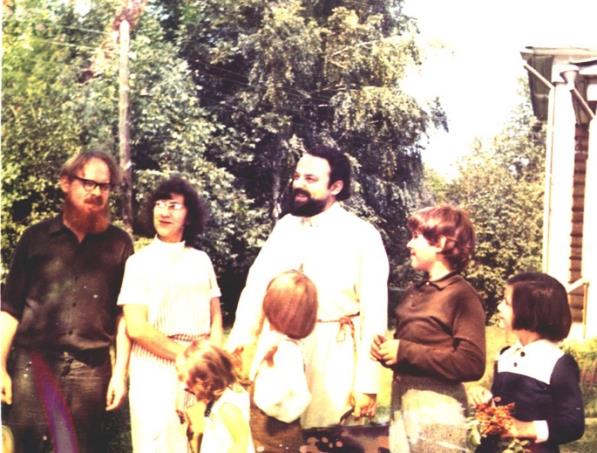
Russian Orthodoxy and its relation to Russia’s intellectual and cultural life is often seen through the prism of the church hierarchy and its conservative and nationalist sympathies, but on the parish level one finds a pattern of innovation in social ministry and theology, writes Wallace Daniel in the Journal of Church and State (online in August). The Russian Orthodox Church has had a difficult relationship with secular society due to internal factors of traditionalism as well as communism and nationalism. In the post-communist period, Orthodox leaders and theologians like Alexander Men led the way in creating innovations in ministry and establishing interchange with intellectuals and activists, although much of this activity stalled with Men’s murder in 1990. But Daniel notes that change often takes place at a distance from the ruling elite of the Moscow Patriarchate, who have little power over “the actual religious life in Russian provinces, where legacies of the past, local leaders, and different behaviors exert strong roles in how Orthodoxy is practiced and how the relationship between the Orthodox Church and the Russian intelligentsia is best expressed.” Based on the wide-ranging research of Russian sociologist Sergei Filatov, who heads the project, “Encyclopedia of Religious Life,” Daniel cites the strong diversity of religious practices that have emerged in the last decade as well as the growth in ministries to intellectuals, the poor, the elderly, children and youth.

Alexander Men (center) with parishioners in 1974.
This change is evident in cities of central Russia in particular, but also in St. Petersburg, where a group of emerging leaders are “challenging the old inward-looking viewpoints and frameworks” of the church. Tending to have entered the priesthood during perestroika, they include such St. Petersburg-based priests as Alexander Stepanov, Aleksandr Tkachenko, and Konstantin Golovskii, head of the Association of Orthodox Youth Communities. Stepanov’s Brotherhood of Saint Anastasia has been at the forefront of juvenile delinquent rehabilitation but also runs a radio station with cultural programming. He has criticized the church for catering only to those supportive of the government and turning its back on those who speak out about the state. Sergei Filatov has found examples of Orthodox Church leaders who are reaching out to members of the local intelligentsia and attempting to involve them in discussions about how the church might speak openly and effectively on the problems of Russian society. “These cases contradict the oft-repeated stereotypes of Orthodox priests and are much more than isolated examples. Collectively, they are spawning a new milieu in which the relationships between the Orthodox Church and Russian society are being reconceived,” Daniel concludes.
(Journal of Church and State, http://academic.oupcom/jcs)